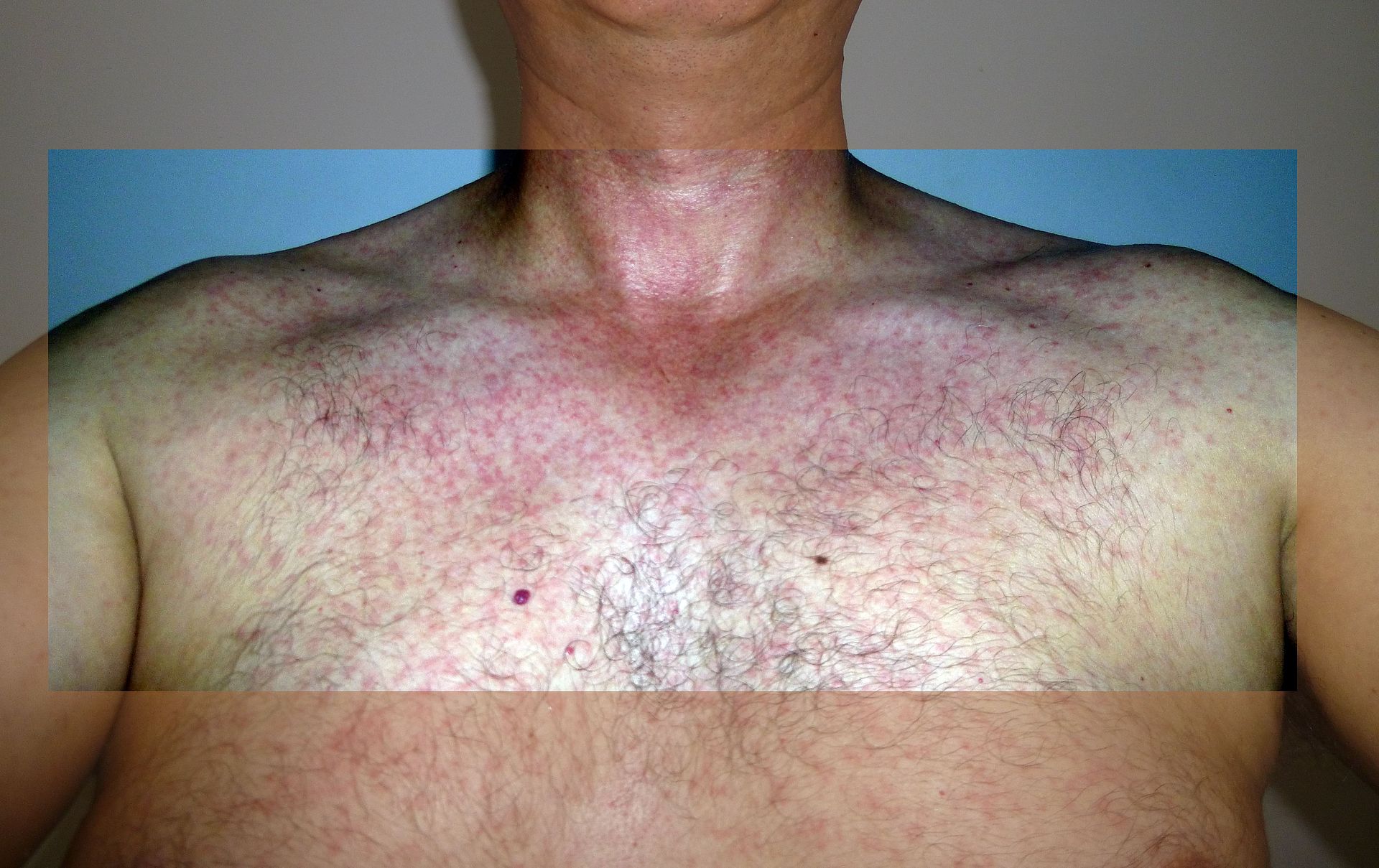
Zika Linked to Guillain-Barre Syndrome In New Study
During an outbreak in French Polynesia, health officials noticed an increase in patients with Guillain-Barre symptoms – which include temporary paralysis. In other Zika news, the Centers for Disease Control and Prevention forecasts that 20 percent of Puerto Rico’s residents will be infected with the virus.
A new study of 42 cases of Guillain-Barré syndrome in French Polynesia offers the strongest evidence to date that the Zika virus can trigger temporary paralysis, researchers reported on Monday. But experts cautioned that more evidence from other locations was needed to be conclusive. Since last year, doctors have noticed an unusual increase in Guillain-Barré cases in several countries with Zika outbreaks, including Brazil, El Salvador and Venezuela. But as the World Health Organization reported on Friday, a large number of those patients have not yet been confirmed through laboratory testing to have Zika. (Saint Louis, 2/29)
During a seven-month outbreak of Zika virus infection that ended in April 2014, health officials in French Polynesia noticed an uptick in the number of patients showing up at hospitals with a rare but dangerous constellation of symptoms known as Guillain-Barre syndrome. Typically in the wake of a viral or bacterial infection, patients stricken with Guillain-Barre syndrome suffer a sudden onset of weakness, pain and paralysis in their legs and arms. Occasionally, paralysis progresses to the chest, impairing a patient’s ability to breathe. Even with access to a respirator and intensive care, some 5% of those stricken by Guillain-Barre die. (Healy, 2/29)
French scientists say they have proved a link between the Zika virus and a nerve syndrome called Guillain-Barre, suggesting countries hit by the Zika epidemic will see a rise in cases of the serious neurological condition. Guillain-Barre (GBS) is a rare syndrome in which the body’s immune system attacks part of the nervous system. It usually occurs a few days after exposure to a virus, bacteria or parasite. (Kelland, 2/29)
Zika has landed forcefully in America, in one of its poorest and most vulnerable corners, a debt-ridden territory lacking a functioning health-care system, window screens and even a spray that works against the mosquitoes spreading the virus in homes, workplaces, schools and parks. There are 117 confirmed cases of the virus in Puerto Rico, four times the number at the end of January. (Sun, 2/29)


